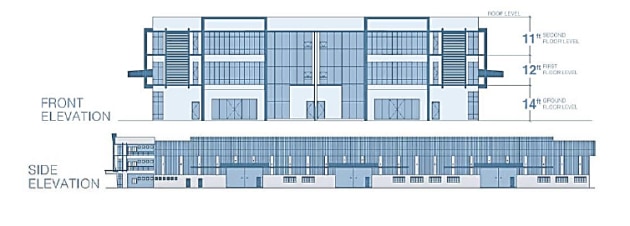ASX-listed Secos Group has secured a lease on a new facility to drive growth of bioplastic resin manufacturing in Malaysia.
Secos has entered into a two-year lease commitment with an option for another two years, on terms favourable to the company, at a new 30,000 square foot facility about 19 kilometres from Port Klang, Malaysia’s largest port.
The expansion of its Malaysian operations to boost compostable resin in the growing local film and bag market was announced in October, and since then the sustainable and eco-friendly bioplastics developer has managed to commission two resin compounding machines.
These machines, to be installed in the new plant, will help address the existing backlog of customer orders.
Resin manufacture and delivery is expected by June this year.
Running at full production capacity, the plant will support bioplastic resin sales of up to 12,000 tonnes per annum, opening the opportunity to increase annual revenue by approximately $40 million.
The facility has enough space for significant further expansion to meet ongoing growth in Asian demand for bioplastic resin.
Demand for compostable resin is at an all-time high throughout the world, as major corporate brands pursue the benefits of customer acceptance and the boost to loyalty associated with environmental packaging.
In a recent interview for Alan Kohler’s The Constant Investor subscription service (transcript provided to PKN by Secos), Secos Executive Chairman Richard Tegoni said: "Our business in Malaysia has Bio-Nexus status, which basically means that we get a range of subsidies or concessions on our income tax, import taxes and tariffs which make the economics behind doing business in Malaysia very, very attractive.
"The other part of it is that there’s a huge industry for bag manufacturing in Malaysia that supplies a lot of Europe and the US. A lot of our customers actually reside in Malaysia and the Malaysian government have gone a long way or certainly a lot further ahead compared to a lot of other jurisdictions in banning plastics and actually, our bioplastics and resins are approved in Malaysia, so there is a strong demand for our resins in Malaysia. It’s a very important market for us, Malaysia, but also it’s an important market to supply our customers to sell abroad into Europe and the US and back into Australia.
"We would see in the future an opportunity to even manufacture resins in the US because you remove all the logistic costs. It makes sense to be manufacturing your resins close to your customer. Unlike manufacturing large finished products where you really need the scale. Resins, you need scale to a point and then after that you’re better off being close to your customers, so having multiple plants seems to be the most economic way to structure the business."







